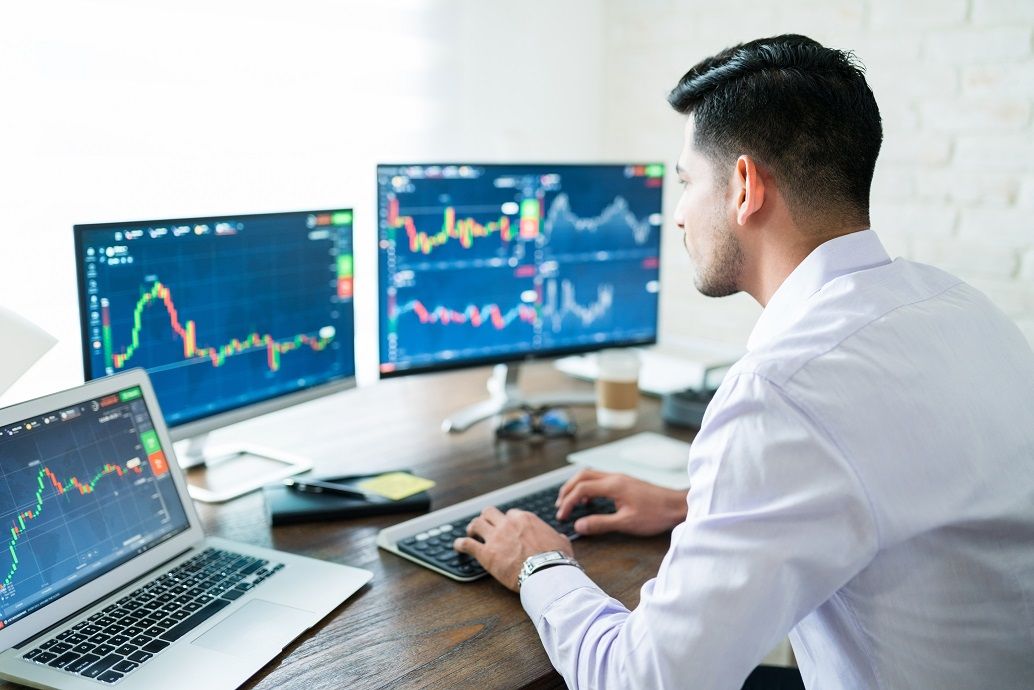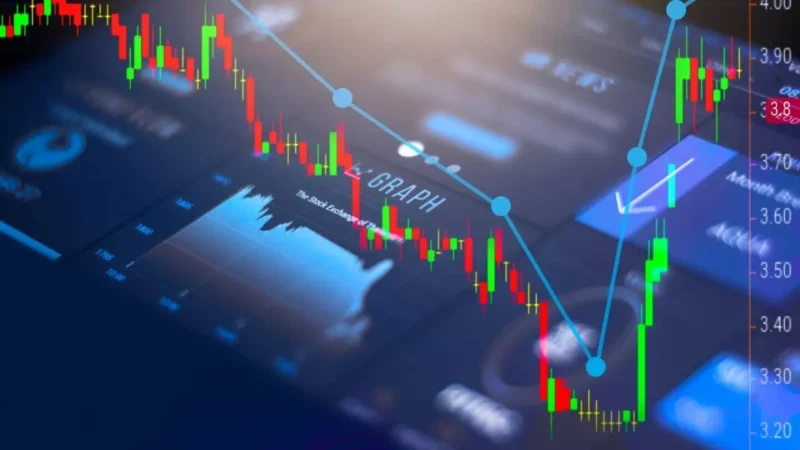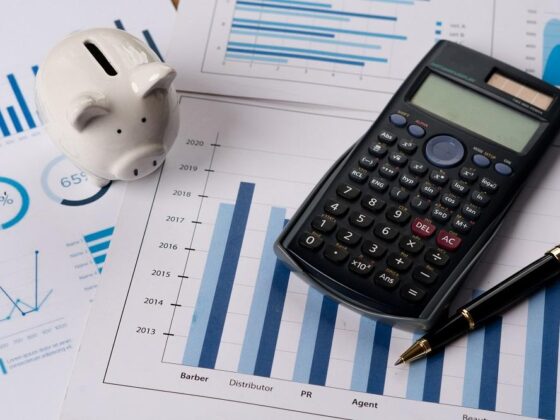Entering the world of trading can feel like stepping into a labyrinth, where every turn presents new challenges and lessons. While many aspiring traders turn to books and online resources to grasp the fundamentals, theres a critical dimension of learning that often goes overlooked: simulated trading.
This hands-on approach allows traders to experience the markets ebb and flow in a risk-free environment, cultivating skills that mere reading cannot replicate. Picture the thrill of executing a trade, the tension of watching charts rise and fall, and the invaluable lessons gleaned from a strategy that fails in real time.
In this article, we will explore the profound insights and nuanced understanding that simulated trading provides, illuminating why it is an essential cornerstone for anyone serious about mastering the art of trading. Prepare to delve into the dynamic interplay between theory and practice, and discover the transformative power of immersing oneself in a simulated trading experience.
Understanding Market Dynamics in Real-Time

Developing Emotional Resilience and Discipline
Developing emotional resilience and discipline is a cornerstone of successful trading, yet it’s often overlooked in traditional learning. In simulated trading environments, new traders face a myriad of unpredictable scenarios that mimic real market conditions, forcing them to confront their emotions head-on.
Instead of passively absorbing strategies from books, these traders experience the thrill of a winning trade and the gut-wrenching disappointment of a loss. This vivid engagement cultivates a heightened awareness of their emotional triggers and decision-making processes. With each simulated session, they learn not just to withstand the emotional rollercoaster of trading but to channel it into disciplined action—building a robust mental framework that can withstand the pressures of live markets.
As they navigate through triumphs and setbacks, the essential lessons of patience, adaptability, and self-control become ingrained, creating a foundation that solidifies their trading journey far beyond theoretical knowledge.
Practical Application of Trading Strategies

In the realm of trading, the true test of strategies emerges not from textbooks but through the crucible of simulated trading experiences. Imagine diving headfirst into a virtual marketplace, where every decision carries weight and each simulated trade is a lesson wrapped in real-time feedback.
Here, new traders can experiment with various strategies—testing the balance between risk and reward—without the looming pressure of financial loss. Consider how an aspiring trader might craft a meticulous plan, only to encounter unexpected market fluctuations; the ability to react promptly and analyze outcomes creates a practical understanding that reading alone cannot impart.
In this dynamic environment, traders learn to embrace the unpredictable nature of the market, refining their skills in a vivid tapestry of successes and setbacks, ultimately bridging the gap between theory and practice. The thrill of the simulated arena not only sharpens their acumen but also fosters a resilience that paves the way for mastery in their trading journey.
Conclusion

In conclusion, simulated trading offers invaluable lessons that extend far beyond the pages of textbooks, providing new traders with the hands-on experience needed to truly grasp the dynamics of the market. While reading can equip aspiring traders with essential knowledge and terminology, it is through practical application that they can develop critical skills such as emotional control and decision-making in real-time scenarios.
The chart replay feature, in particular, is a powerful tool that allows traders to analyze past market movements, enhancing their ability to recognize patterns and refine strategies without the pressure of live trading. Ultimately, the combination of simulated trading and theory creates a robust foundation, empowering new traders to approach the markets with confidence and a deeper understanding of the complexities involved.


